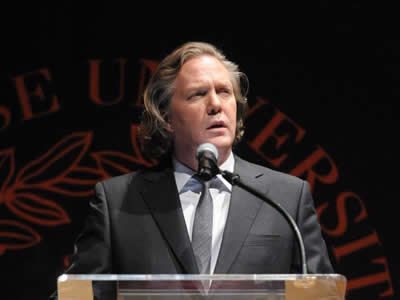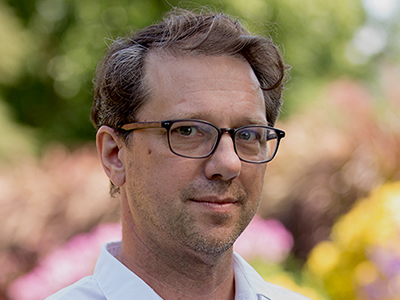How New Words Enter Our Language: A Linguistics Expert Explains
From “yeet” to “social distancing,” new words and phrases constantly emerge and evolve in American English. But how do these neologisms—newly coined terms—gain acceptance and become part of mainstream dialect? We interviewed Christopher Green, associate professor of linguistics in the…


 Syracuse University’s completion of the
Syracuse University’s completion of the 

